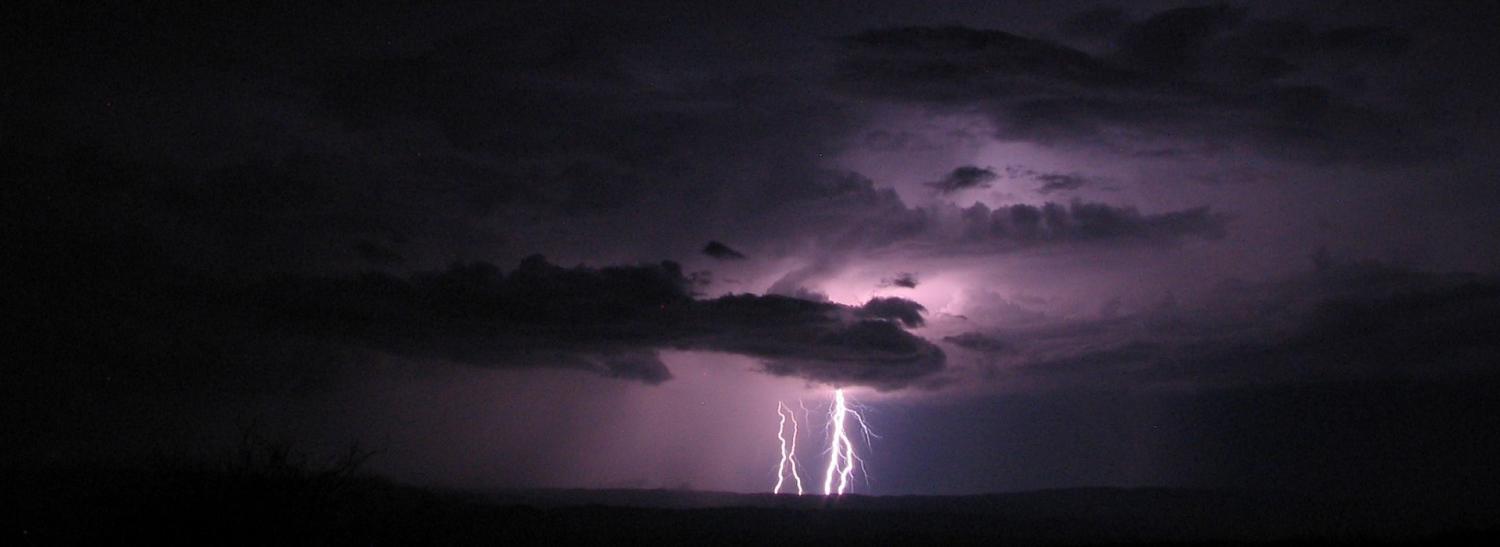Last week the Lowy Institute's International Security Program, supported by the Korea Foundation, hosted the Australia-Republic of Korea (ROK) Emerging Leaders International Security Forum in Sydney and Canberra, bringing together scholars and future policymakers focused on the bilateral security relationship. This is the third in a series of posts from Forum participants.
The influential and respected defence and strategic policy expert Desmond Ball once described the 1970s and 1980s as representing a ‘golden age’ of Australian strategic thinking.
The spur for this innovation was fear. Fear of the cultural, social and strategic vacuum left by the British. Fear that the United States would soon follow in withdrawing from Asia through the 'Guam Doctrine' of President Nixon.
The results seem to justify Ball’s praise. The Australian Defence Force was born, the Defence Department overhauled, ‘engagement’ with Asia began and, for the first time, the intellectual and practical work of understanding how to defend this vast continent was undertaken.
Fear once again seems to stalk Australian strategic thought. The great powers look assertive, the rogue states resurgent. Non-state threats have expanded and our ally threatens to entrap. It’s easy to feel we are 'Present at the Destruction'.
Fear is often the enemy of clear thought. As Angela Merkel once said, ‘Fear is a bad advisor’. It can make judgements about risk and having the courage to change much harder. When confronted, people tend to stick to what they know.
In the short term, that is what will happen. There is no obvious policy alternative to keeping the US alliance and continuing the path we know. US allies in Asia lack the capability and relationships to substantially change how they seek their security. At last week’s ‘Australia-ROK Emerging Leaders Security forum’, there was little appetite from either side for large policy shifts to begin this week or even this year.
But while policy may have to adopt a holding pattern, our debates should be encouraged to flow free. Fear needs to become our motivation for change. For as bad as things look now, they could easily get a whole lot worse for the middle powers of Asia.
The first step towards steeling ourselves for those dark days is to embrace fear. For middle sized countries, periods of flux and uncertainty are the times of greatest opportunity. In 1944-1952 and again in the late 1980s & early 1990s, periods when the Cold War was at its beginning and end, Australia, Canada and other middle powers enjoyed their greatest influence. New ideas, new institutions and new relationships are formed at times like these.
Yet over the last decade, Australia’s strategic policy has been characterised by comfortable habits of thought and action ('let’s create new multilateral forums') and drift ('there’s no downside to closer cooperation with the US'). We’re not alone in this. South Korea has also stepped back from the global focus and energy that defined its behaviour just a few years ago.
Maybe then, President Trump is the spur both countries need to get our thinking, in political, policy and academic circles moving again. New ideas are rarely better, but we will never know how good our established ideas are unless we have a range of different options to test against. Nor will we be able to persuade the public to accept the rising costs of our current approach unless they know the alternatives are worse.
John F Kennedy once said that the time for fixing a roof was while the sun was still shining. That opportunity has passed. As the clouds loom and the storm brews, we still have time to think afresh. I’m optimistic the roof will hold, but incrementalism, even of the supposedly 'radical' kind will no longer suffice in deed let alone thought.
Fear has its uses. Half a century ago, fear motivated Australia to develop a bold new approach to its defence after its allies left in the lurch. Managing today’s equally fearful environment requires embracing that fear to think bold and afresh. Who knows, maybe another golden age is in the offering?
